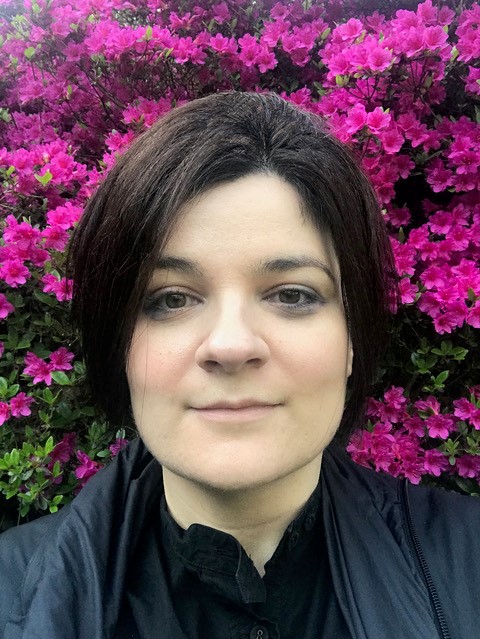Ioanna Angelidou
Junior Visiting Fellow - Cluster Kulturelles Gedächtnis und Kulturerbe in Europa im Kontext der digitalen Transformation
From Fragmentation to Narrative: The Architecture Archive as Historical Project
My research project examines the conflicting modes of presence architecture incurs once transformed into archival material and the ways this transition conditions the taxonomy of what is documented, preserved, and canonized in the continuum of architectural history. In tandem, it considers how such archival material has served not only as a corpus of preserved heritage but also as a catalyst in the creation of cultural narratives, especially in the way modernity and its others have been understood in the course as well as the aftermath of the Cold War in Europe. The aim is to draw a critical distinction between history as an event - in other words, the construction, destruction, and reconstruction of buildings - and history as a mediated narrative that takes shapes in an archive.
During the second half of the twentieth century architecture became the subject of archival collection in a diverse range of institutions. In Europe the history of such institutions was often intertwined with cultural and political implications. The reconsideration of historical narratives in the wake of post-World War II erasures led to realignments on the political front that reverberated on the cultural too. In effect, both architecture and its archival documentation became agents of a new order, whereas the urgent need to reckon with the natural history of destruction geared a preservationist movement.
Yet, contrary to the visual arts, architecture does not lend itself well to the conventions of collecting practice. In its fully materialized, inhabited form architecture can perhaps be partially exhibited but not archived per se, hence its documentation occurs mostly by proxy. This is a fracture in terms of medium that has aesthetic as well as epistemological aspects. Contemporary developments in the field of conservation and the digital realm pose new questions regarding what ought to be preserved and emphasize the historical aporia over material without an analog counterpart. The factor that most decisively shapes the critical engagement with cultural memory, however, is the definition of the archival whole. This is essentially an issue of manifold narratives; do all the parts of an archive recount the same story once separated from the discourse or place within which they were created? Are a building, the material that documents it, and the figure who designed it necessarily inscribed within the same sense of cultural heritage? And how is that equilibrium relevant to the shifting definition of the term European?

Brown Bag: ARCHITECTURAL FRAGMENTA CONSTRUCTED NARRATIVES AND THE POLITICS OF THE ARCHITECTURE ARCHIVE IN THE POST-COLD WAR ERA